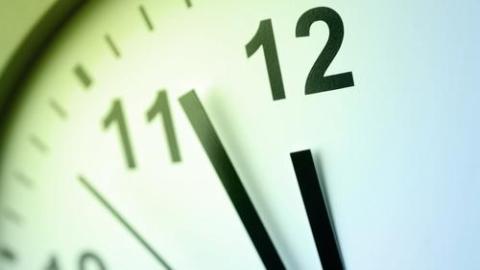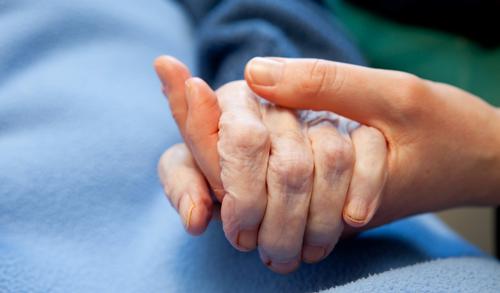How Giving Your Time Away Makes You Feel Less Pressed for Time

What’s the Latest Development?
If you feel that having a limited amount of time is a source of stress in your life—and who doesn’t from time to time—a good way to cope with that stress may be to give some of your precious time away. In a recent experiment, one group of students were asked to help edit an essay of an ‘at risk’ student while the other group were told to go enjoy their free time. “The students who stayed to do volunteer work were less inclined than the others to say that time was their ‘scarcest resource,’ and they also reported (on a 11-point scale) the impression that, in general, they had more time to spare.”
What’s the Big Idea?
In another experiment in which students were told to spend half an hour of a weekend day doing something unexpected for themselves, or doing something for someone else, those who opted to help another reported they felt they had more time to spend. “Surveys showed that spending time on oneself was actually more enjoyable than volunteering, so what was causing this curious effect? Apparently, spending time on other people improved participants’ sense of ‘self-efficacy.'” Authors of the study were careful to point out limitations, however. Those who work in professional service industries may not find devoting them time to others as liberating.
Photo credit: Shutterstock.com




